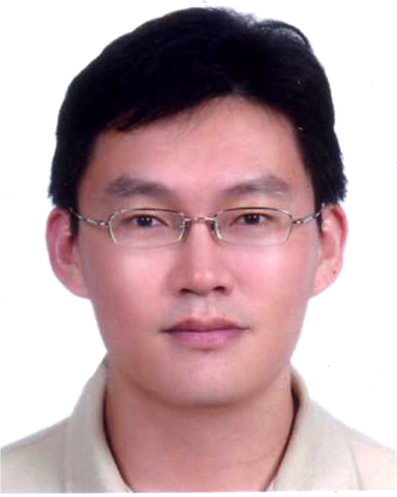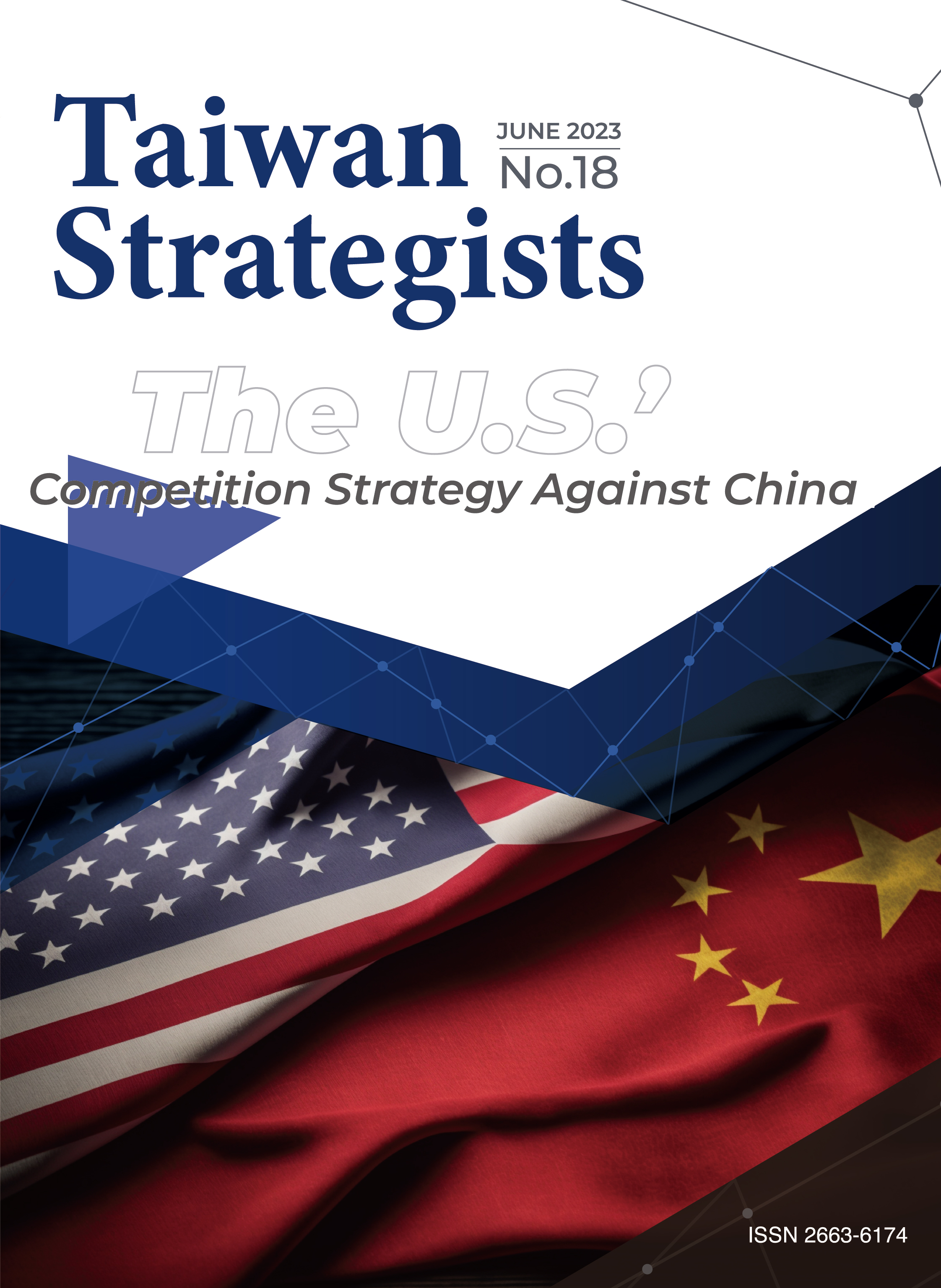Taiwan Strategists No. 18
The Impact of Semiconductor’s Technology Regulations from the U.S., Japan, and the Netherlands on China’s Economy
Jiann-Chyuan Wang
Vice President & Director, The Third Research Division,
Chung-Hua Institution for Economic Research
Yu-Chun Ma
Assistant Research Fellow, The Third Research Division,
Chung-Hua Institution for Economic Research
Abstract
This article analyzes the impact of restrictions imposed by the U.S., Japan, and the Netherlands on China’s semiconductor exports. The restrictions include the Chips and Science Act and technology controls, as well as the controls imposed by the Netherlands and Japan on China’s exports of semiconductor-related equipment and raw materials. It then discusses the potential impact of these regulations on China’s semiconductor development, including chip production independence and the possible impact on the development of advanced manufacturing processes and related industries. Finally, it analyzes the influence of these regulations on Taiwan and how to respond to it.
Keywords: Semiconductor, Chips and Science Act, Technology Regulation, Equipment and Material Control, Chip Production Independence
The U.S. Economic Policy toward China: From the ‘Ending China’s Developing Nation Status Act’ and Beyond
Ming-Fang Tsai
Joint Professor, Department of Industrial Economics and Economics, Tamkang University
Abstract
With China already facing efforts by U.S. Congress to remove its developing country status, the G7 has also adopted countermeasures to counter China’s economic coercion against democratic countries. As the conflict between democratic countries and China continues to intensify, investment risks in China continue to increase, and foreign capital has moved out of China and been invested in Taiwan, Japan, and other Southeast Asian countries. Under the trend of global supply chain restructuring, China’s export sector will continue to decline, and China’s unemployment problem will become increasingly serious. In addition, China’s digital platform operators are subject to increasingly strict supervision. Therefore, the availability of high- paying jobs created by digital platform operators has also been sharply reduced. Consequently, domestic demand in China will decrease, and as a result, the possibility that the Chinese economy will fall into a vicious circle will become greater.
In this international environment, Taiwan must also continue to increase its linkage with the U.S., Japan, the European Union, and other Southeast Asian countries to improve and to enhance the resilience of its economy.
Keywords: Unfair Trade, Economic Coercion, Debt Trap, Common Prosperity, Economic Resilience
The Role of Taiwan in the U.S. Indo-Pacific Strategy
Kuo-Cheng Chang
Professor, Center for General Education, Taipei Medical University
Abstract
This article analyzes Taiwan’s role in the U.S.’ Indo-Pacific Strategy and emphasizes the indispensable position of Taiwan within this strategy. China’s military power has been expanding and it has demonstrated a willingness to actively change the status quo. China has never renounced the use of force to resolve the “Taiwan issue.” The U.S. Indo-Pacific Strategy would be hollowed out if it could not prevent China from attacking Taiwan and challenging the international order in the region. Therefore, the Biden administration has made its support for Taiwan more concrete.
As China has become a challenge to the U.S., it is important for the U.S. to assist Taiwan in effectively defending itself, promote “transitional justice” in Taiwan, enhance security cooperation with Taiwan, and gradually eliminate strategic ambiguity. Although many of the measures are different from the policies of the U.S. at the present time, they all could help to avoid a costly war. Because for the U.S., the time, and options available to effectively respond to China’s challenges are diminishing.
Keywords: Sino-U.S. Relationship, Taiwan Security, Indo-Pacific Strategy, China Military, U.S.-Taiwan Relationship





